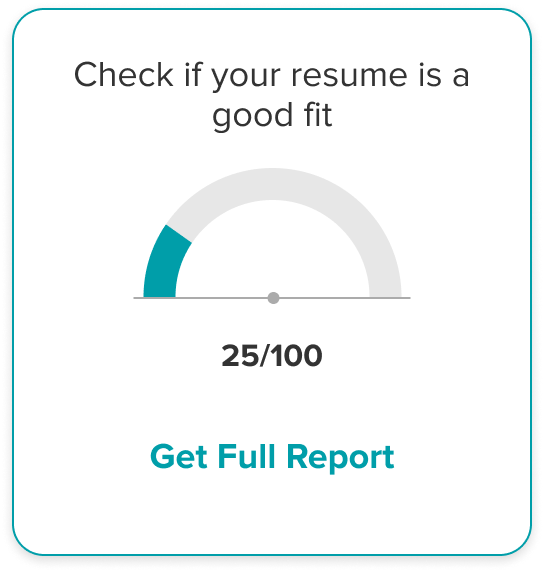SaaS Security Engineer
The SaaS Security Engineer is responsible for assessing, identifying and implementing security requirements for various customer SaaS tenants and SaaS security tooling. This includes developing SaaS security strategies that integrate with third party vendor risk programs and business requirements. This role will evaluate existing SaaS security configurations and integrations and recommend improvements. Support can span both SaaS specific security configurations to SaaS security tooling setup and configuration. Candidate will work with SaaS team members as needed to provide secure configurations within the SaaS or SaaS security tooling environments.
Responsibilities:
Engineering or administration of SaaS environments with a security first perspective
Collaborate with IT and SaaS security teams to implement and secure SaaS tenants, resources, configure security policies, standards, and best practices
Implement scalable and resilient SaaS solutions within SaaS platforms
Introduce SaaS security tooling as part of an overall SaaS Security Program using tools such as SSPM platforms
Assess, implement, or recommend secure usage of SaaS API and integrations
Ensure SaaS tenants, applications, and data meet high availability design principles to meet organizational requirements for disaster and business recovery
Analyze and ensure that proper monitoring and alerting systems are in place for tenants, services, and integrations
Evaluate and recommend SaaS platforms and SaaS security tooling based on business requirements and industry best practices
Collaborate with software developers, system administrators, and other stakeholders to integrate SaaS security tooling solutions into either new, or existing systems and tenants
Stays current with emerging SaaS security platforms and trends to advise on the adoption of new SaaS security tooling features and services
Works closely with development teams to support DevOps practices and implement continuous integration and continuous deployment (CI/CD) pipelines
Leads technical discussions and presentations for internal teams as well as customers
Consistently produces work products in conformance with GuidePoint Security standards
Approaches problem solving collectively with senior staff and internal and external clients to achieve a mutually beneficial result
Performs other duties and responsibilities as required
Requirements:
Minimum of 5 years of experience in enterprise SaaS administration or SaaS Security in medium to large companies
Professional certification in Salesforce administration, ServiceNow, Workday, or similar preferred
Strong understanding of SaaS technologies, business drivers, and emerging computing trends.
Experience with SaaS and cloud security, SaaS-to-SaaS integration, and disaster recovery best practices
Strong troubleshooting skills and attention to detail
Strong written and verbal communication skills
Ability to solve technical, managerial, or operational problems and evaluate options based on relevant information, resources, well-rounded experience, and knowledge
Demonstrated ability to communicate clearly and concisely, both orally and in writing, and lead presentations, training courses, and effective working sessions
SaaS Security Engineer
The SaaS Security Engineer is responsible for assessing, identifying and implementing security requirements for various customer SaaS tenants and SaaS security tooling. This includes developing SaaS security strategies that integrate with third party vendor risk programs and business requirements. This role will evaluate existing SaaS security configurations and integrations and recommend improvements. Support can span both SaaS specific security configurations to SaaS security tooling setup and configuration. Candidate will work with SaaS team members as needed to provide secure configurations within the SaaS or SaaS security tooling environments.
Responsibilities:
Engineering or administration of SaaS environments with a security first perspective
Collaborate with IT and SaaS security teams to implement and secure SaaS tenants, resources, configure security policies, standards, and best practices
Implement scalable and resilient SaaS solutions within SaaS platforms
Introduce SaaS security tooling as part of an overall SaaS Security Program using tools such as SSPM platforms
Assess, implement, or recommend secure usage of SaaS API and integrations
Ensure SaaS tenants, applications, and data meet high availability design principles to meet organizational requirements for disaster and business recovery
Analyze and ensure that proper monitoring and alerting systems are in place for tenants, services, and integrations
Evaluate and recommend SaaS platforms and SaaS security tooling based on business requirements and industry best practices
Collaborate with software developers, system administrators, and other stakeholders to integrate SaaS security tooling solutions into either new, or existing systems and tenants
Stays current with emerging SaaS security platforms and trends to advise on the adoption of new SaaS security tooling features and services
Works closely with development teams to support DevOps practices and implement continuous integration and continuous deployment (CI/CD) pipelines
Leads technical discussions and presentations for internal teams as well as customers
Consistently produces work products in conformance with GuidePoint Security standards
Approaches problem solving collectively with senior staff and internal and external clients to achieve a mutually beneficial result
Performs other duties and responsibilities as required
Requirements:
Minimum of 5 years of experience in enterprise SaaS administration or SaaS Security in medium to large companies
Professional certification in Salesforce administration, ServiceNow, Workday, or similar preferred
Strong understanding of SaaS technologies, business drivers, and emerging computing trends.
Experience with SaaS and cloud security, SaaS-to-SaaS integration, and disaster recovery best practices
Strong troubleshooting skills and attention to detail
Strong written and verbal communication skills
Ability to solve technical, managerial, or operational problems and evaluate options based on relevant information, resources, well-rounded experience, and knowledge
Demonstrated ability to communicate clearly and concisely, both orally and in writing, and lead presentations, training courses, and effective working sessions
